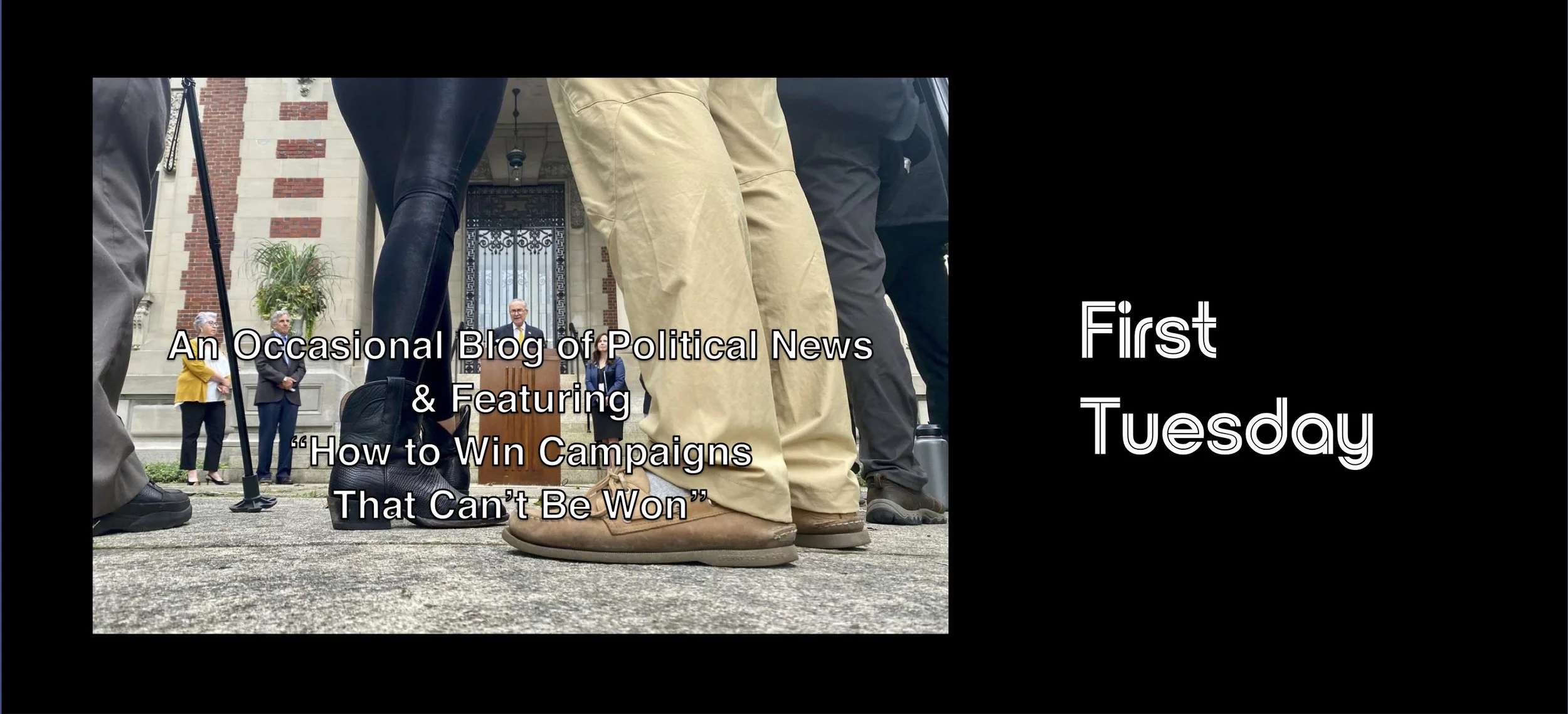Staying on Message: An Example from Carville & Begala
/From the book Buck Up, Suck Up . . . and Come Back When You Foul Up: 12 Winning Secrets from the War Room (Carville, James)
“On November 9, 1996, Evander Holyfield stunned the boxing world and won the heavyweight championship with an eleventh-round technical knockout (TKO) against the heavily favored and seemingly indestructible Mike Tyson. Still dripping with sweat and panting from his exertion, Holyfield was interviewed in the ring by “the Fight Doctor,” Ferdie Pacheco.
Normally such interviews are brief and uneventful. The fighter is usually too tired or too inarticulate (or both) to shed any meaningful light on the bout he’s just completed. But this interview was different. In addition to being a fighter, Evander Holyfield was a man on a mission, and his mission was to deliver a message to the millions of people who all of a sudden wanted to hear from him. Here’s how the interview went.
PACHECO: That’s one of the biggest surprises in boxing I’ve ever had.
HOLYFIELD: Well, you know, I give glory to God, and I want for everybody to know that you can’t choose against God. You can choose against me anytime, but when God is involved, Jesus is alive and He’s the credit for it, and I thank God.
PACHECO: Why did you guarantee it with such assurance?
HOLYFIELD: Because anytime when someone puts God up there, my God is the only true God and everything must bow to God.
PACHECO: Well, you know, apart from that, apart from religion because God is here, I hope for all of us. I hope He’s a just God. But let’s get off that, let’s get on to boxing: How did you fight such a brilliant fight?
HOLYFIELD: Well, you know, I live by the Spirit of God, and like I told everybody, whatever the Spirit leads me to do that’s what I would do. And it wasn’t nothing so much that I did. Everybody knew that I was a wash-up, but with God I’m not washed up. PACHECO: Did you see him getting tired? Did you think you could take him on at the end?
HOLYFIELD: It wasn’t about tired. It was about what the Lord wanted me to do. And each and every round—I went out there and I fought competitive each round. I wasn’t giving up anything. I went to the point to take one round at a time. I realized how competitive he was, and he caught me with good shots, but I thank God for allowing me to absorb the shots.
Fifteen times—in response to just four questions—Holyfield returned to his basic message. He wanted to tell the world about his relationship with God, so he told them. Again and again Holyfield had the presence of mind to slip the reporter’s narrow, tactical questions and deliver the message he wanted to deliver. Holyfield doesn’t have an Ivy League education. He wasn’t reading off of focus-group-tested talking points. He did not have the benefit of a TelePrompTer. He simply stood, alone, wearing nothing but a pair of shorts and a pair of boxing gloves, and gave a performance of message discipline as impressive in its way as his destruction of Tyson in the ring had been.
This exchange is also instructive in that it is a classic example of how an interview develops. Notice how Pacheco begins with an open-ended comment, inviting Holyfield to say whatever he wants. Pachero may as well have begun by saying, “Anything on your mind, champ?” But with each question Pacheco gets more specific. And then he gets annoyed. This seems foolish to us; given that Holyfield had just finished kicking Mike Tyson’s ass, we have a hard time imagining the new champ was very intimidated by “the Fight Doctor.” But that’s the nature of interviewing.
Pacheco wants Holyfield to be an analyst. Holyfield wants to be an evangelist. It’s a contest of wills, and Holyfield wins in a knockout.”


